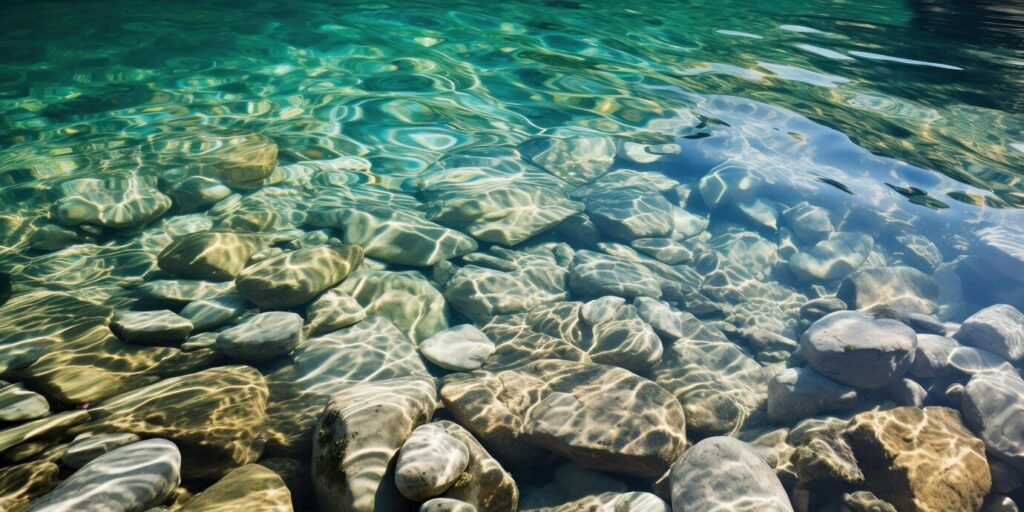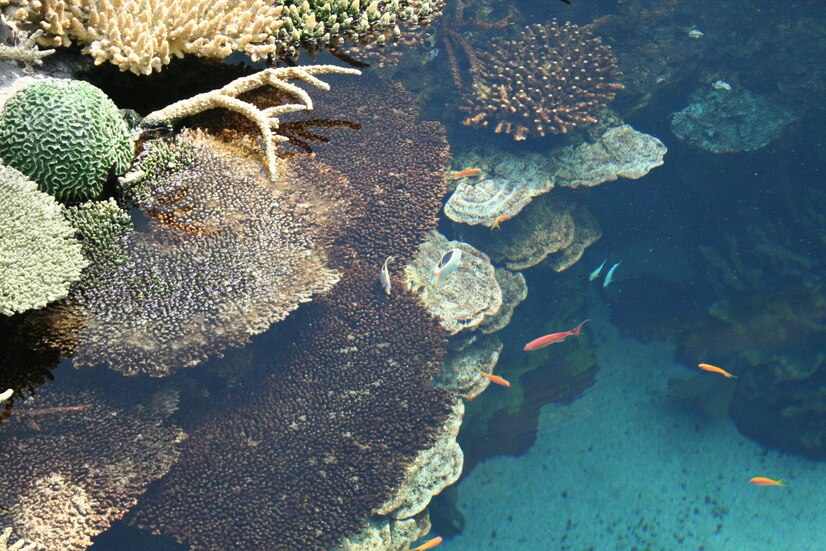Ocean Acidification: The Evil Twin of Climate Change

– Shivaan Darda

Beneath the shimmering surface of our oceans lies a hidden danger—one that threatens the very foundation of marine ecosystems. Ocean acidification, often referred to as the “evil twin” of climate change, is quietly altering the chemistry of our seas with far-reaching consequences. Let’s delve into the impact of this.
Understanding Ocean Acidification
Ocean acidification is the process by which the ocean’s pH levels decrease due to the absorption of carbon dioxide (CO2) from the atmosphere. Since the Industrial Revolution, ocean surface pH has dropped by approximately 0.1 units, representing a 30% increase in acidity. This shift in chemistry poses a significant threat to marine organisms, particularly those with calcium carbonate shells or skeletons, such as corals, shellfish, and certain types of plankton.

Impacts on Marine Life
1. Coral Reefs:
These are among the most vulnerable ecosystems to ocean acidification. As acidity levels rise, corals struggle to build their calcium carbonate skeletons, leading to decreased calcification rates and weakened coral structures. Additionally, it can impair coral growth and reproduction, making reefs more susceptible to bleaching events, disease outbreaks, and eventual collapse.
2.Shellfish and Marine Invertebrates
Shellfish and marine invertebrates rely on calcium carbonate to build their shells or exoskeletons. As seawater becomes more acidic, it can dissolve these structures or inhibit their growth, affecting the survival and reproductive success of species such as oysters, mussels, and sea urchins.
3.Plankton and Fisheries
Plankton, the microscopic organisms that form the base of marine food chains, are also vulnerable to ocean acidification. For example, coccolithophores, a type of plankton that produces calcium carbonate shells, may experience decreased calcification rates and impaired growth in more acidic waters. This could have ripple effects throughout marine ecosystems.
Ocean acidification represents a looming threat to the health and stability of marine ecosystems worldwide. To address this challenge, urgent action is needed to reduce CO2 emissions and protect the precious ecosystems beneath the waves.